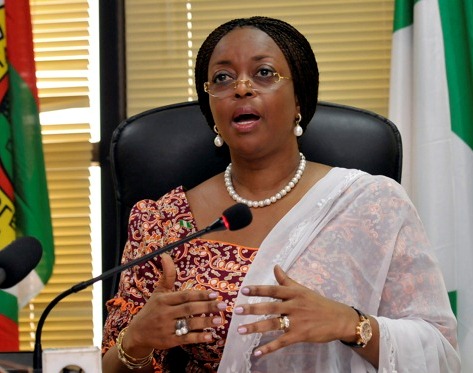Petroleum Industry Bill to outlaw gas flaring by end of 2012
Nigeria’s newly drafted oil bill, which is now close to being finalised, mandates that oil firms must stop flaring gas by the end of this year, and that if they don’t they can be fined.
Africa’s top oil producer has long pledged but failed to end flaring, and although officials say it has fallen in the past decade, Nigeria remains the world’s second biggest burner of gas associated with crude oil production after Russia. Many see the new target date to end flaring as unrealistic.
“Natural gas shall not be flared or vented after 31st December, 2012, in any oil and gas production operation, block or field, onshore or offshore, or gas facility,” except under exceptional and temporary circumstances, says a new draft of the long-awaited Petroleum Industry Bill (PIB).
“Any licensee who flares or vents gas without the permission of the Minister in (special) circumstances … shall be liable to pay a fine which shall not be less than the value of gas.”
Nigeria flared some 30 billion standard cubic feet of gas in January, according to the latest figures from the state oil firm, published by the national news agency. That is equivalent to a third of the annual consumption of an industrialised country like the United Kingdom.
Of that, ExxonMobil topped the list, flaring 9.85 billion cubic feet out of 38.64 billion produced, while Chevron flared 8.25 billion cubic feet out of 19.23 billion.
Leading operator Shell, which runs Nigeria’s liquefied natural gas (LNG) plant, flared 5.44 billion cubic feet, a relatively small part of the 76.4 billion it produced.
All have been criticised by environmental groups, but the oil majors retort that they would be happy to trap all of the gas if the government provided them with a market for it.
SHOW ME THE MONEY
The bright orange flares that light up the night sky over the swampy Niger Delta, home of Africa’s biggest energy industry, have long been a major complaint of its inhabitants.
The global ramifications are also damaging.
The World Bank estimates that 5 trillion cubic feet of gas was flared globally last year, releasing 360 million metric tons of carbon dioxide (CO2) into the atmosphere, equal to France’s total emissions or 70 million cars’ worth.
Most campaigners admit this bill’s deadline is unrealistic.
“We are almost in June and the bill still has a distance to go before it becomes law. I do not therefore see the goal to be achievable within the stated time frame,” said Letum Mitee, president of the Movement for the Survival of Ogoni people, whose homeland is where oil was first discovered in Nigeria.
Oil companies say trapping associated gas is not profitable enough without a market. Global gas prices are at record lows and though Nigeria desperately needs it for electricity, its power sector is not organised enough to make much use of it.
“Harnessing gas is only half of the story; gas needs customers as well,” Shell says on its Nigeria website.
“To encourage further investment and to boost the supply of gas to domestic consumers, Nigeria needs a comprehensive and flexible gas infrastructure that allows for distribution.”
More radical campaigners urge stopping the flaring anyway.
“Where there’s no infrastructure to convert the wasted gas into power, production of crude … can simply be shut down,” said Nnimmo Bassey of Friends of the Earth, Nigeria.
That seems highly unlikely from a government dependent on oil for 95 percent of its revenues. The oil companies warn they would have to turn off the oil taps for a bit just to stop the flaring, but no Nigerian official has dared suggest they do.






